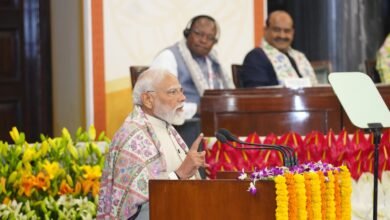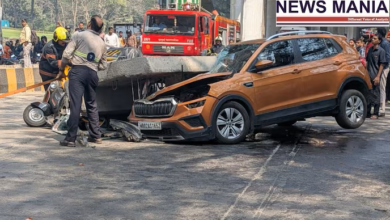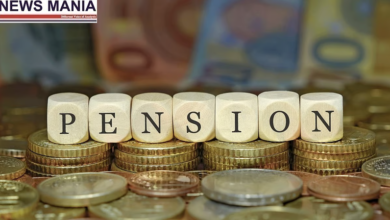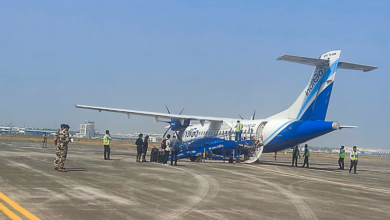Political merchandise sales pick up before India election
Election merchandise is a low-margin, high-volume business, where the price of a party badge can start from 1 rupee
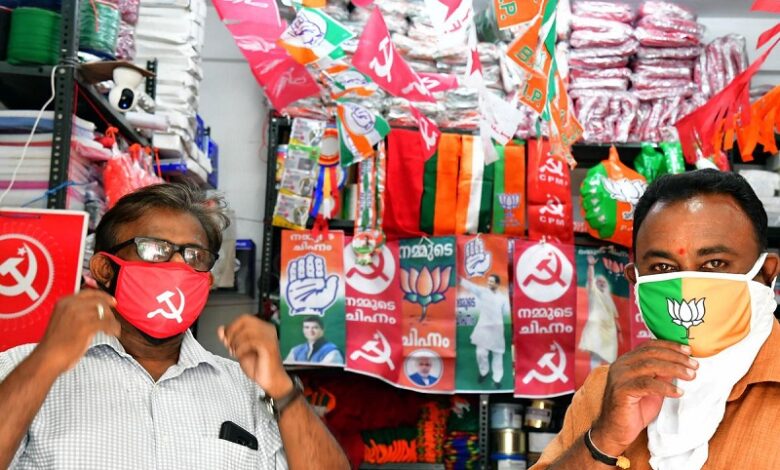
NEW DELHI, April 8 (Reuters) – Weeks before India heads into a two-month-long election with nearly a billion voters, political party merchandise and flag makers are expanding operations and working overtime to meet a surge in demand.
Ahead of the first voting day of the seven-phase election on April 19, garment makers are temporarily converting factories where they usually make saris into production hubs for election flags and banners.
Gulshan Khurana, general secretary of a traders association in Delhi’s Sadar Bazar market, said political parties spend 30 billion to 50 billion rupees on election merchandise, creating as many as 10 million jobs.
Khurana, who has been a market trader for nearly 50 years, said there has been a nearly 30% increase in business compared with the last election in 2019, when Modi’s Bharatiya Janata Party spent a record sum to retain power.
An opinion poll last week predicted an easy win for a Modi-backed coalition. Opposition politician Rahul Gandhi of the Indian National Congress said at the Friday release of his party’s manifesto that the election is “much closer than being propagated”.
One such factory owner, Mukesh Agarwal, said there are as many as 40 similar factories in Mathura, a temple town in Uttar Pradesh, India’s largest state and a key political battleground.
“The cheapest and best items used for political campaigns are banners and flags,” Agarwal said.
Election merchandise is a low-margin, high-volume business, where the price of a party badge can start from 1 rupee ($0.01).
Agarwal said some factories can produce a million flags a day if demand continues to increase.
During an election, India is plastered with posters from hundreds of political parties and thousands of candidates.
“As many people have little education, party workers use flags to promote their symbols and hang them outside houses and make them the medium of their campaigns,” Agarwal said.
A textile hub in Surat, in Prime Minister Narendra Modi’s home state of Gujarat, is the centre of election merchandise along with several smaller hot spots like Mathura in the north and Hyderabad in the south.
Elections give the economy a boost as political parties spend on goods and services as varied as small merchandise and helicopter rental.
Gulshan Khurana, general secretary of a traders association in Delhi’s Sadar Bazar market, said political parties spend 30 billion to 50 billion rupees on election merchandise, creating as many as 10 million jobs.
Khurana, who has been a market trader for nearly 50 years, said there has been a nearly 30% increase in business compared with the last election in 2019, when Modi’s Bharatiya Janata Party spent a record sum to retain power.
An opinion poll last week predicted an easy win for a Modi-backed coalition. Opposition politician Rahul Gandhi of the Indian National Congress said at the Friday release of his party’s manifesto that the election is “much closer than being propagated”.
(This story has not been edited by News Mania staff and is published from a Reuters)



